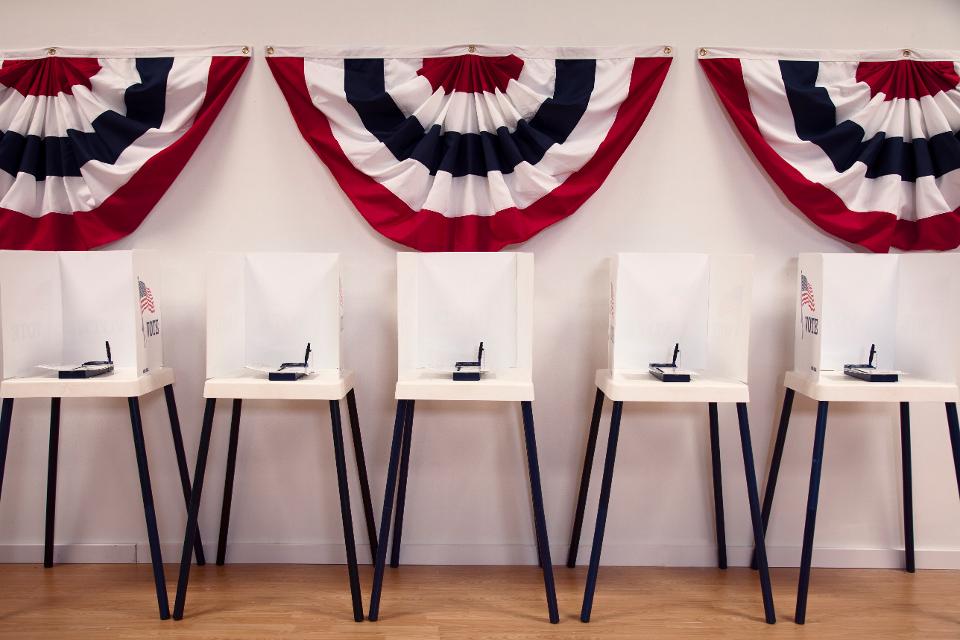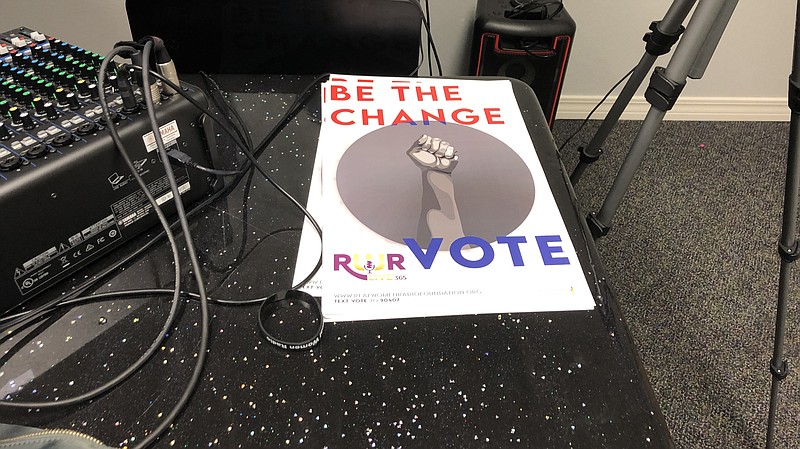Magic Valley reacts to first confirmed coronavirus case in Idaho
BOISE — Gov. Brad Little and state health officials announced Idaho’s first confirmed case of the coronavirus in a Friday afternoon press conference.
The patient is an Ada County woman in her 50s, said Elke Shaw-Tulloch, administrator for Division of Public Health in the Idaho Department of Health and Welfare. The patient contracted the virus in late February or early March while at a conference in New York City.
“We realize that this is a very scary notification,” Shaw-Tulloch said, “but we do want to have everyone understand that the risk to the population remains low.”
Central Health District program manager Brandon Atkins said the patient had mild symptoms and is self-isolated in her home.
“This is not something that is a widespread risk to everyone that’s in our population,” Atkins said. “We knew at some point that this would happen and the preventive measures that are in place are very sound.”
Prior to the announcement, Idaho was the second to last state without a confirmed case of COVID-19, the disease caused by the novel coronavirus. There have been 1,629 total cases and 41 deaths in the United States as of 6 p.m. Friday. The World Health Organization has declared the situation a pandemic.
Earlier in the day, Little issued a state of emergency in Idaho. At the time, no cases of the virus had been confirmed in the state, but Little said the state’s response remains the same.
“I want Idahoans to know we are ahead of the curve,” Little said. “We are being proactive, we are prepared for coronavirus.
“We must not be alarmed but we must be cautious.”
Little said the disaster status update is intended to achieve two primary goals: slow the spread of the virus to preserve the state’s health care capacity and protect susceptible populations, such as the elderly and those with compromised immune systems.
Models used by state health officials estimate anywhere between 15% to 35% of Idaho’s population could be infected at some point in the future, or about 270,000 to 630,000 residents. That could put a significant strain on the state’s hospitals and health resources.
Little stressed the importance of “flattening the curve,” or spreading the number of cases over a longer period of time.
“If we don’t all do our part to control the spread of coronavirus,” he said, “then our health facilities will be overrun with patients in a short period of time.”
Idaho Bureau of Laboratories has tested 118 people as of 8 a.m. Friday. Commercial laboratories have also tested 13 patients.
Atkins said that not everybody needs to get tested.
“This is not a test that everyone needs just to get peace of mind,” he said. “We have resources that we want to make sure we’re allocating appropriately for those with the highest risk.”
State Epidemiologist Christine Hahn acknowledged that capacity for testing is limited and that the state should be testing more residents than it can. Tests are currently prioritized for the sickest patients and those who have traveled to areas with high infection rates, but that could change soon as private labs ramp up their efforts, she said.
“We know we can’t answer the entire need for Idaho,” Hahn said. “We really need the private lab sector to increase the amount of testing that they’re doing.”
The declaration makes more money available and gives Little flexibility in responding to the situation as necessary. It also gives the state access to national stockpiles of healthcare supplies, such as ventilators and protective gear for workers.
Little signed a spending bill Friday that transfers $2 million into an emergency fund to combat the virus. The state will also receive an additional $4.5 million in federal money after Congress approved President Donald Trump’s request for an additional $8.3 billion in supplemental spending for coronavirus response.
Late Thursday night, Idaho Department of Health and Welfare and the state’s seven local health districts issued a new set of guidelines late for mass gatherings and public events. Health officials recommend postponing or canceling public events that draw participants from out of state or are likely to bring together more than 250 people.
“We are not mandating anything at this time,” Hahn said. “Each district health department does have that authority as does the state if needed, but right now these are recommendations.”
Magic Valley response
South Central Public Health District director Melody Bowyer said there is no need for Magic Valley residents to panic.
“Our investigation team has been working overtime to assist local health care providers as they test local residents and we will continue to monitor for the disease in our district,” Bowyer said following the announcement. “For now, we cannot stress enough the importance of taking basic steps to keep yourself healthy.
“It is also important at this time to remember to call your health care provider if you think you may have COVID-19. Tell them your concerns so they can advise you on the best way to get an evaluation without putting anyone else at risk of catching the disease.”
The district receives notifications when travelers return from areas where the potential for exposure is high. Those people are contacted and monitored for two weeks after exposure. If the person does not show symptoms during the monitoring period, they are no longer considered to be a risk for spreading the virus.
Health officials recommend several measures residents can take to avoid getting sick:
- Check public health recommendations and watch for local updates
- Wash your hands often for at least 20 seconds with warm water and soap
- Cough and sneeze into a tissue or the crook of your elbow instead of your hand
- Avoid contact with sick people
- Stay home when you are sick
Many local organizations are already taking action in response to the virus.
The College of Southern Idaho announced Thursday all classes will be moved online beginning March 30. Students are encouraged to avoid returning to campus following spring break.
Twin Falls School District also announced a series of precautions, including limiting crowds and canceling parent-teacher conferences. The district is watching the situation carefully and coordinating with local leaders, superintendent Brady Dickinson said.
“We’re all preparing for when this actually hits Twin Falls,” he said. “We’re putting precautions as we speak and we’re also preparing in the event we need to close our schools.
Schools in Kimberly and Buhl have canceled Monday classes.
In the city of Twin Falls, all non-essential tours of public buildings have been canceled. Public meetings and some special events will continue as scheduled for now, though some organizers have chosen to reschedule or cancel.
Residents are encouraged to submit bills and other forms online or in a dropbox. First responders at certain respiratory emergencies will be taking extra safety measures.
The city is encouraging residents to use common-sense hygiene principles to limit exposure, and listen to health officials, Twin Falls spokesman Josh Palmer said.
“Don’t panic, it doesn’t do you or anyone else any good,” Palmer said. “But as a member of the public, you should be concerned and educate yourself on how to protect yourself and your family.”
Bowyer commended local efforts in a statement.
“We applaud some of the proactive efforts already taken in our community to prevent the spread of disease,” Bowyer said. “Some of these recommendations aren’t easy and won’t be popular, but ensuring the health, safety and well-being of our communities is a top priority.”






